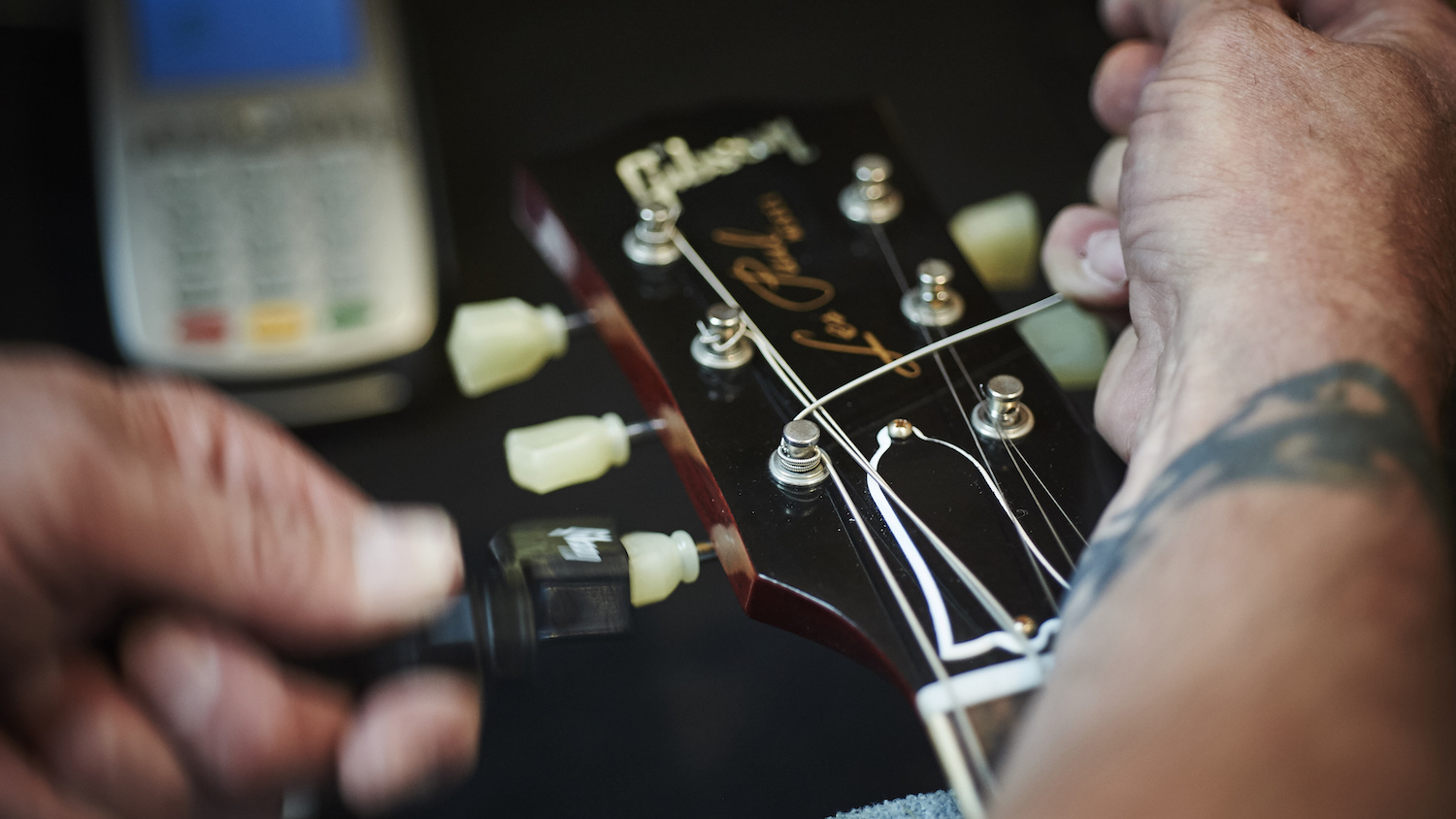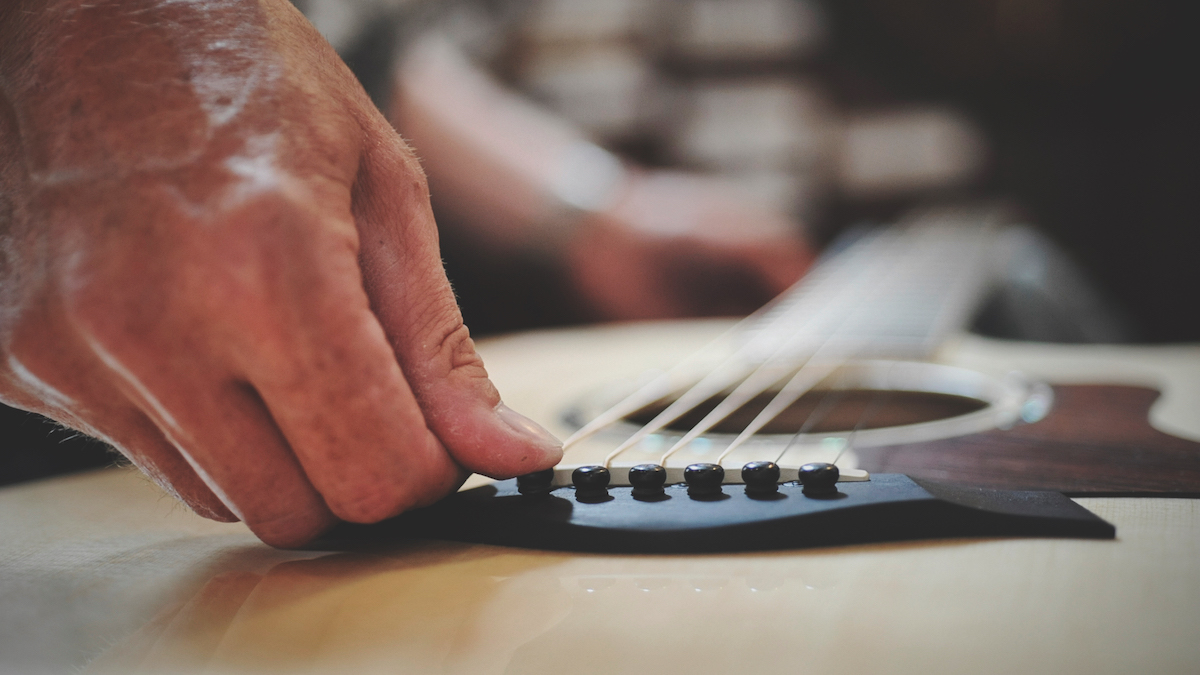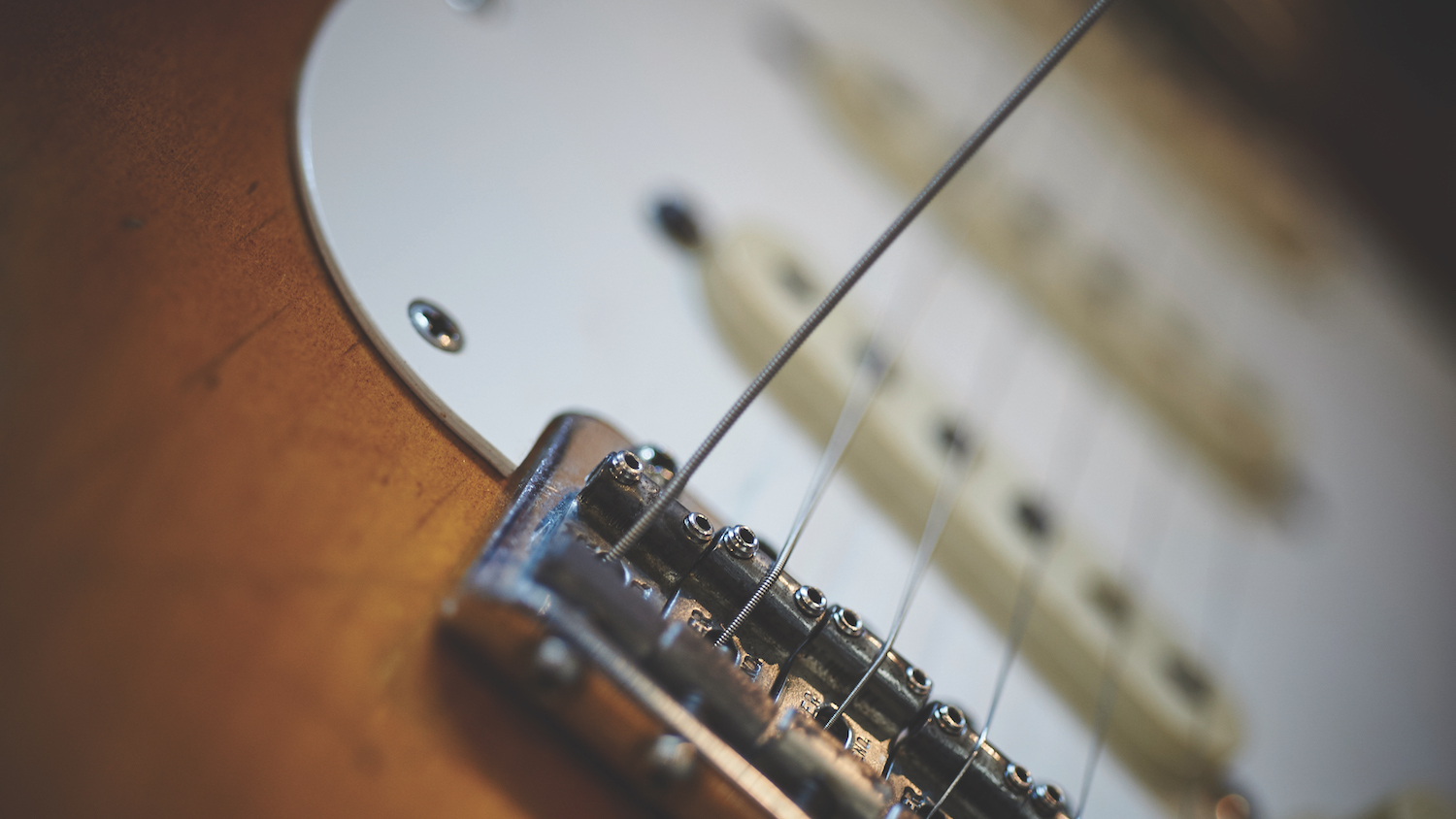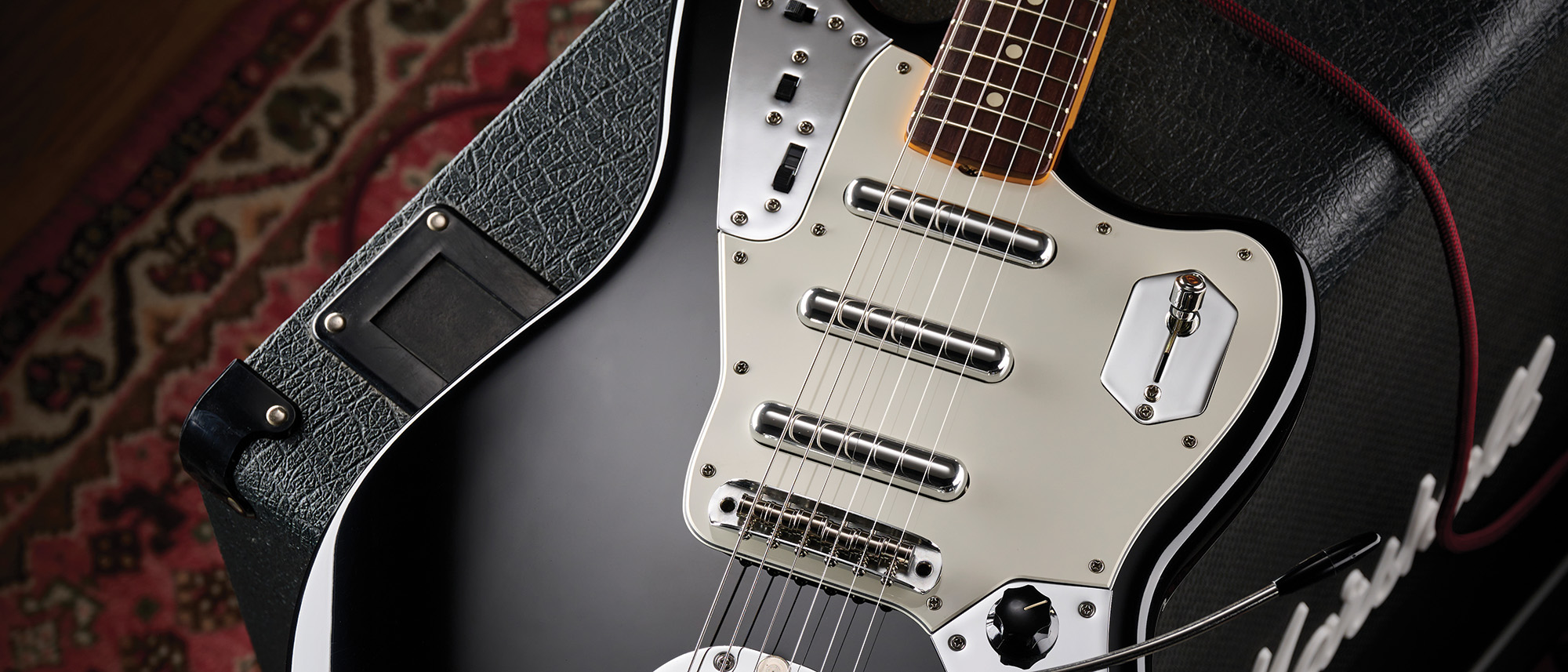4 signs your guitar strings need replacing
...plus 5 ways to extend the life of your strings, and why boiling them should only be a last resort

All the latest guitar news, interviews, lessons, reviews, deals and more, direct to your inbox!
You are now subscribed
Your newsletter sign-up was successful
Honestly, there’s not much point playing an expensive guitar through a high-end, hand-wired guitar amp if you’re not bothering to change your strings as needed. Though you might hear certain bass players speaking of their preference for the dullness that comes with using older and more worn-in sets, the same appeal very rarely crosses over into guitar, whether you play electric or acoustic.
There’s a reason why professional touring and recording guitarists change their set for every show or studio session – newer strings will always breathe more life into your tone, with more sustain, clarity and resonance.
Ultimately, even to the untrained ear, these are noticeable differences – guaranteed to enhance your music and help translate it to full effect. Here’s a look at when it’s time to replace your strings and what you can do to get the most out of your existing set…
How to know when your strings need changing

1. Lack of brightness and sustain
The first thing to go with any set of strings is that initial brightness. Each player will have their own preference as to how long each set will meet their demands, though it’s often lead guitarists – who play a lot of single-note melodies and therefore are more dependent on natural sustain – that will prefer the extra ‘oomph’ you get out of a newer set. If you want those solos to really pop out, the brightness can carry you a long way…
2. Strings won’t stay in tune
Perhaps most crucially of all, if your strings can’t stay in pitch, the instrument they are on effectively becomes redundant. How well the string has been strung also plays a part here – though assuming all is well and good above the nut, there is no reason for a guitar to need constant adjusting. Even instruments with a floating trem system should return to a reasonably dependable tuning. So when strings are not behaving normally – particularly the thinner ones, which are susceptible to breakage – it’s probably time to give them a change.
3. Obvious kinks
If you can see any kinks along the wire, particularly above the frets, it’s usually a tell-tale sign of heavy usage. That doesn’t necessarily mean they won’t hold tune, but even a minor effect on intonation is an anomaly not worth having. Naturally, they tend to appear around the areas that get the most usage – guitarists tuned to standard might find that to be the third, fifth, seventh, twelfth and fifteenth frets – so it’s worth keeping an eye out.
4. Signs of rust
While it’s good practice to keep all parts of an instrument clean, there will come a point where the accumulation of sweat, oil and dirt begins to rust and discolor your strings. The time it takes may vary from player to player – some guitarists might find the acidity on their hands more, for lack of a better word, potent than others and therefore need to change strings more often.
All the latest guitar news, interviews, lessons, reviews, deals and more, direct to your inbox!
How to get more life out of your guitar strings

1. Clean your hands before playing
It seems like such an obvious idea, but let’s face it – we’ve all ended up picking up a guitar while devouring a packet of chips or even halfway through a meal. It’s no secret that inspiration can take hold at any time, but it’s still worth giving your hands a quick wash before exploring it. An instrument with less chocolate on the neck will usually be easier to play, so there is that benefit too…
2. Never open a fresh pack for one string
We’ve all done it and regretted it later down the line. All it means is you’ll end up with a surplus of the four thickest strings which will inevitably be losing their freshness, collecting dust and ending up in the bin. Considering how easy it is to order a set of singles online, it’s good practice to have spare high Es in abundance.
3. Clean your strings and the fretboard
Cleanliness is indeed next to godliness when it comes to your strings. Getting into the habit of cleaning them before and after each use – even just five seconds with a rag – can help your strings sound better and last longer. Better still, you can use a string cleaner like Fast Fret by GHS or Ernie Ball’s Wonder Wipes. The same goes for the fretboard itself, which collects and absorbs grime from all those hours of sweaty musical navigation.
4. Use coated strings
Elixir Strings have become famous for their coated sets, which are true to their claim of lasting three to five times longer than your regular ones. By reducing the accumulation of debris and blocking corrosion from elements like skin oil, their Nanoweb and Polyweb ranges also sound brighter for longer – maintaining that ear-pleasing response over months of usage, instead of weeks. Ernie Ball, D’Addario and DR Strings have also been widely praised for their coated products.
5. Boil your strings?
Arguably more common with bass players than guitarists, there is some truth to this old myth. Guitar strings are incredibly affordable, so for the majority of players this would be a waste of time and energy – but if you find yourself with no spare income and craving some freshness from a dull set of strings, boiling them for up to five minutes may work for a few hours. It’s far from ideal, so better to think of it as a last resort meets worst-case scenario kind of option…
Amit has been writing for titles like Total Guitar, MusicRadar and Guitar World for over a decade and counts Richie Kotzen, Guthrie Govan and Jeff Beck among his primary influences as a guitar player. He's worked for magazines like Kerrang!, Metal Hammer, Classic Rock, Prog, Record Collector, Planet Rock, Rhythm and Bass Player, as well as newspapers like Metro and The Independent, interviewing everyone from Ozzy Osbourne and Lemmy to Slash and Jimmy Page, and once even traded solos with a member of Slayer on a track released internationally. As a session guitarist, he's played alongside members of Judas Priest and Uriah Heep in London ensemble Metalworks, as well as handled lead guitars for legends like Glen Matlock (Sex Pistols, The Faces) and Stu Hamm (Steve Vai, Joe Satriani, G3).


